Maid in Bangladesh
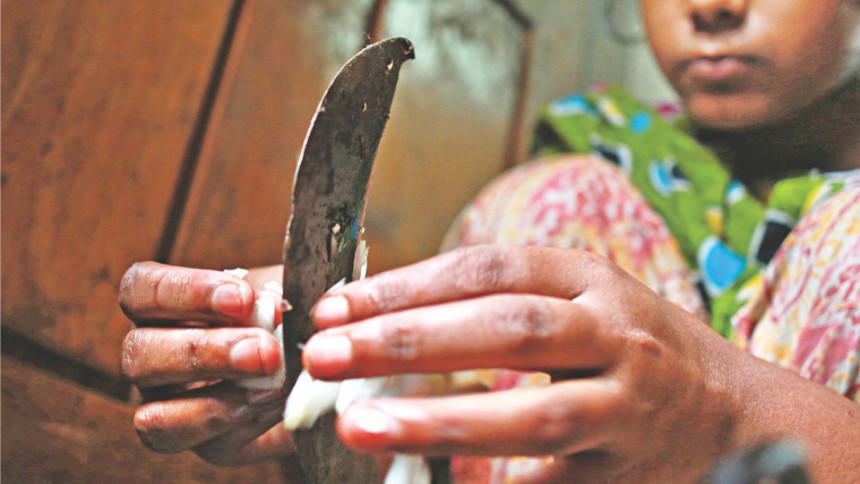
Photos: Kazi Tahsin Agaz Apurbo
This year when we observed yet another May Day in Bangladesh, remembering the contributions of millions of workers who shed their blood and sweat for a meager pay, did we make sure that the maid who works for us gets a day off?
May Day, like any other national holiday, probably made no difference in their lives. Because if they go on a holiday, who is going to ensure that we have a hassle-free, relaxed weekend with the family?
In a meeting chaired by Prime Minister Sheikh Hasina, the cabinet gave its stamp of approval to the Domestic Help Protection and Welfare Policy. This surely bears good news for these workers as well as their employers. This move suggests that domestic work will be recognised as a profession under the Labour Act while women domestic workers will be required to be given four months of maternity leave along with other public holidays. This emerged with a promise that this policy new code would help domestic workers avail the benefits under the existing Labour Law.
This much needed draft policy has evolved over the years, which came as a success for the National Domestic Women Workers Union (NDWWU) and Domestic Workers Rights Network (DWRN). Back in 2006, DWRN was formed right after the new Labour Act, which excludes domestic workers as workers, was adopted. Since then, the 32 member organisations of DWRN, including NDWWU, trade union centres, NGOs, human rights groups and Bangladesh Institute of Labour Studies (BILS) have been working together towards the protection of domestic workers' rights.
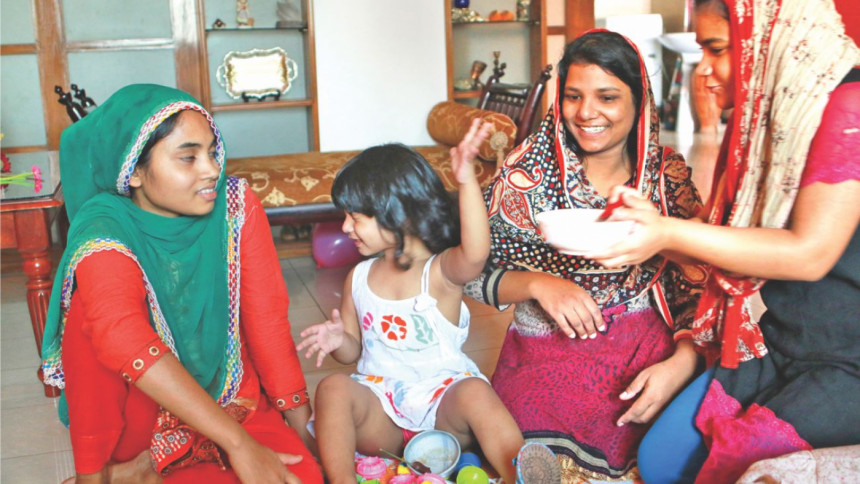
"We were able to persuade the ministry to adopt the decision to formulate the Domestic Workers Protection and Welfare Policy, which the DWRN drafted in 2010," says Nazma Yasmin, programme officer, Bangladesh Institute of Labour Studies (BILS). "All these years DWRN organised a number of meetings, seminars, rallies, human chains, and petitions to demand for the approval of the policy. Thus, when the policy received the cabinet's nod, it was surely a great success for everyone involved in the process."
Among the provisions mentioned in the 2015 policy, significant issues include the issues of receiving fair wages, minimum age of employment, conducive working conditions, fixed working hours, getting registered and having identity cards, contract of employment, maternity leave, healthcare support and compensation for accidents caused by doing hazardous works, and legal actions against physical or verbal abuse and sexual harassment. The policy also entitles domestic workers to take time off for rest and relaxation.
"The policy also talks about having a law formulated based on the policy and a formation of a central monitoring cell at the labour ministry and local monitoring cells at the Dhaka City Corporations and district and sub-district levels," Yasmin adds.
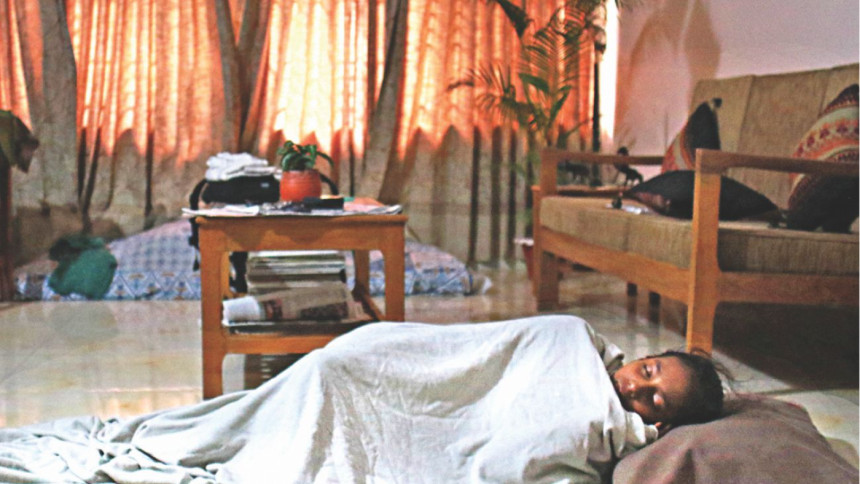
However, some people are not happy about this policy. Obviously we, the employers, are fearful of losing our 'authority' over our domestic workers, who we consider to be 'inferior' to us. We fear that if an informal sector like this is run through trade union movements, we could actually face raised demands and eventually, have to confront a shortage of workers. We fear that a negotiation over age, wage and other benefits will make them 'inaccessible'.
"Sadly, people often find even the idea of laws and policies for domestic workers unrealistic and ridiculous, as we already believe that we are their saviours. We think that they are already quite privileged as we keep them well-fed and give them a good life," says Yasmin.
Mentioning the legal vacuum that still exists for the millions of domestic workers in Bangladesh, advocate Md. Borkot Ali, Deputy Director of BLAST says, "The policy solely introduces the term grihokormi or domestic worker, thereby giving them a formal recognition. However, it does not ensure any strict legal security for them. As we tend to believe in written documents, this policy will be able to encourage people to treat their domestic workers humanely." He further argues that both the national labour laws of 2006 and 2013 exclude domestic workers from legal coverage against abuse and harsh working conditions or any other form of exploitation. Moreover, the policy ensures that if any of the provisions is violated workers can seek justice under the existing law.
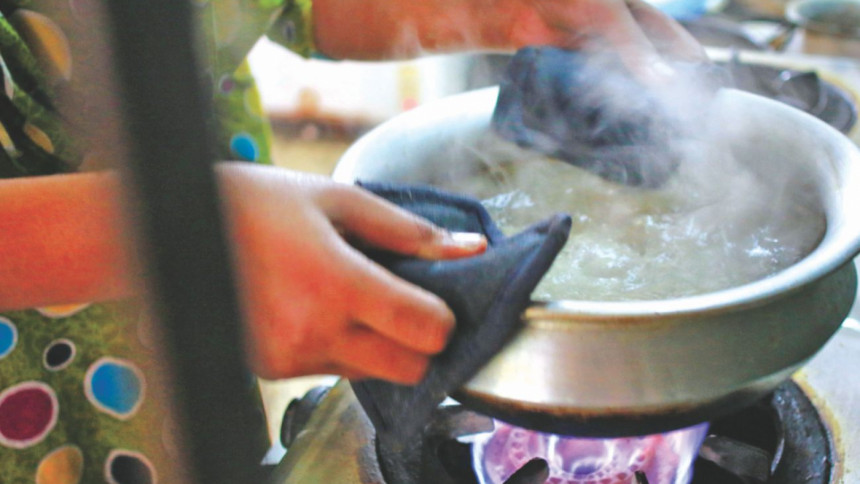
There are well publicised incidents of employers mistreating their domestic workers in Bangladesh, but unfortunately advocating for their rights features low in our list of priorities.
"We now have the policy in our hand. It's time to popularize it with the help of media, and through posters, leaflets and booklets," says Abu Obaidur Rahman, Senior Deputy Director of Ain O Salish Kendra (ASK). "The monitoring cell needs to create a cooperative relationship between the employers and employees, and encourage them to apply these guidelines in their homes. They should also identify how these measures benefit both the employers and employees."
We become extra calculative when it comes to the remuneration of our domestic workers. Since, we have become used to enjoying cheap labour, we don't mind coming up with 'innovative' wage arrangements. Some employers prefer giving a fixed monthly payment to the parents of the workers under their employ while others hold back their payment and other benefits as a form of 'training' for a certain period of time.
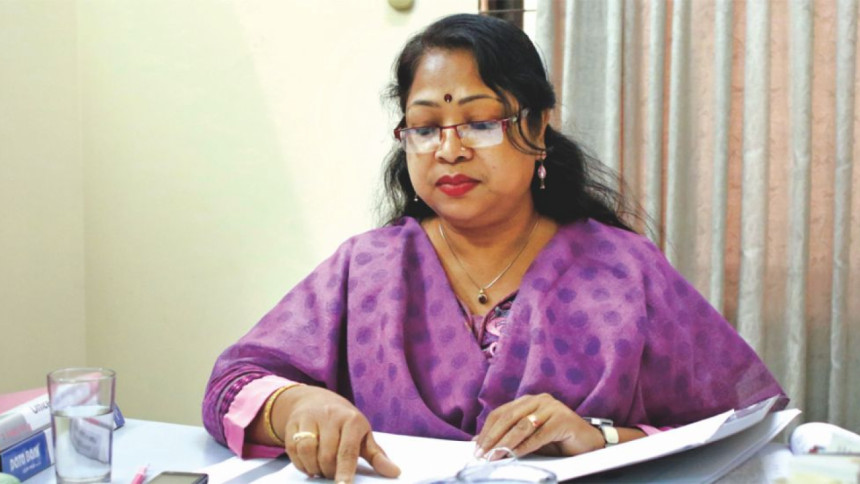
"The household that I used to work for previously was very abusive, so I decided to quit. But my employer simply won't give me my three months payment so that I am unable to leave. But I was desperate to begin my new job, and so decided to quit my job without getting my dues," says Lima Akhter, a 15-year-old domestic worker.
The process of formulating a code of conduct through a draft policy to a final policy for domestic workers took quite a long time. We don't know how long it will take to actually enact a national law that exclusively highlights the rights and responsibilities of domestic workers. However, what's the rationale behind treating those who work for us without compassion and sensitivity? But why can't we practice kindness at home despite the lack of clear guidelines on a set of policies. This is the least we can do for those who have been historically mistreated and exploited.


 For all latest news, follow The Daily Star's Google News channel.
For all latest news, follow The Daily Star's Google News channel. 



Comments